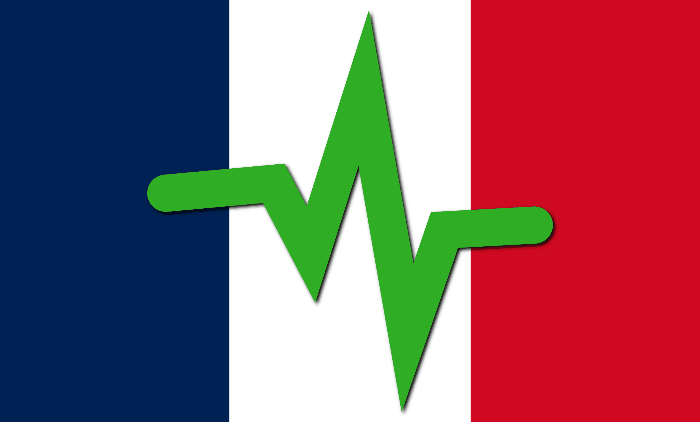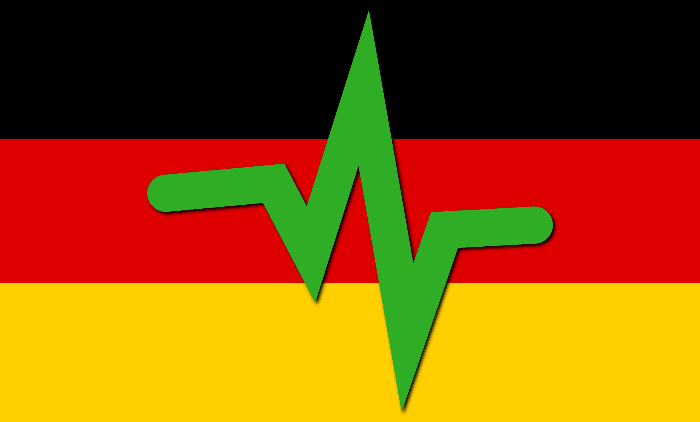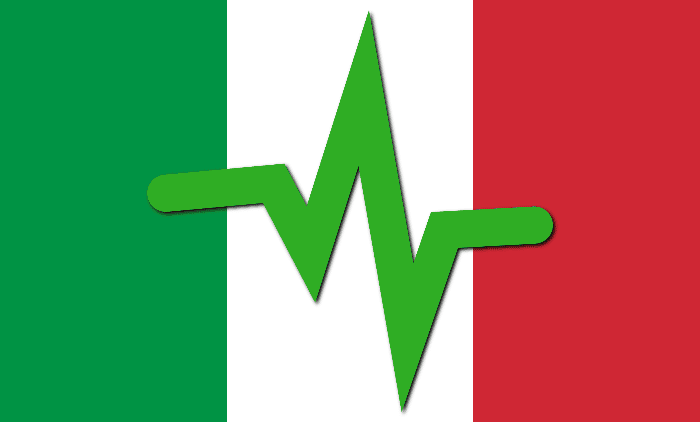Health. What is “andropause”, the common but little-known menopause of men
[ad_1]
At first, night sweats. Then a little depression, a total loss of libido and erection problems. Like Rémy Burkel, many men after the age of 60 are confronted with a phenomenon called “andropause”, common but little known.
“At 55, I started having hot flashes at night. My wife, who was going through menopause, was going through exactly the same thing,” says this director, now 62 years old. When he then felt fatigue, depression and above all a total absence of sexual desire, the anxiety increased. “But like many men, it was the fact of no longer being able to get hard that made me realize that there was a problem.”
He then carried out research, discovered the term “andropause” and consulted his GP who prescribed him pills, so that it “starts again like in 40”. Intrigued by the phenomenon, Rémy Burkel began making a documentary (“Andropause, la grande débandade?”, soon on France TV). He discovers that many men, affected by the same symptoms, prefer to keep quiet about them. “I had the feeling that there was a kind of shame,” he describes.
Decrease in androgens
“We commonly speak of andropause to draw a parallel with menopause but it is not the same clinical picture,” explains Dr Pierre Desvaux, andrologist, director of sexology teaching at the Paris Center faculty.
If menopause is characterized, in women around the age of 50, by the cessation of the production of ovarian hormones (estrogen and progesterone), men experience a gradual decrease in testosterone. But even when reduced, reproductive functions remain.
“Rather than andropause, it is more accurate to talk about an age-related decrease in androgens (dala) or a testosterone deficiency,” emphasizes Dr. Desvaux. “We consider that after the age of 60, around 20% of men lack testosterone but production never stops completely unless there has been chemical castration in the context of prostate cancer for example,” continues -he.
Not all men suffer from it. The clinical manifestations of this variable decrease in hormones are commonly grouped under the expression of the famous “old age”: “we feel more tired, we have a little brioche, less libido, less frank ejaculations. ..”, lists the doctor.
Daniel Gauliard, 68 years old retired in Drôme Provençale, sees it as an “adventure in life”. “It took me a while to realize the phenomenon. The loss of sexual appetite can be attributed to the aging of both the man and the couple,” he analyzes.
A taboo subject
But one thing is certain: the subject remains “taboo”. “When I say the name andropause, people look at me strangely,” he smiles. “The men I talk to about it tend to respond with dirty jokes,” also notes Valentin Husser, 75, who “took a long time to admit what was happening.”
“When I found a relationship again, around 60-65 years old, after a rather ascetic life, I realized that what made me passionate about my youth was no longer manifesting itself,” he says. So he shares “something else” with his latest companion: tenderness, humor…
To reduce the symptoms, solutions exist. In order to make the diagnosis of age-related testosterone deficiency, the doctor, after questioning the patient and carrying out a clinical examination, can prescribe a replacement dosage of this hormone. He may combine medications to treat erectile dysfunction.
“The care must be global, if it doesn’t go well in the head, it won’t go well in the body either,” warns Marc Galiano, andrologist in Paris, who campaigns for the education of boys in sexual health from the youngest age. “From the twenties, testosterone levels naturally decrease each year, 40% of men over 40 have erectile difficulties… a man who knows how it works will pay attention to it,” he assures.
[ad_2]
Source link



